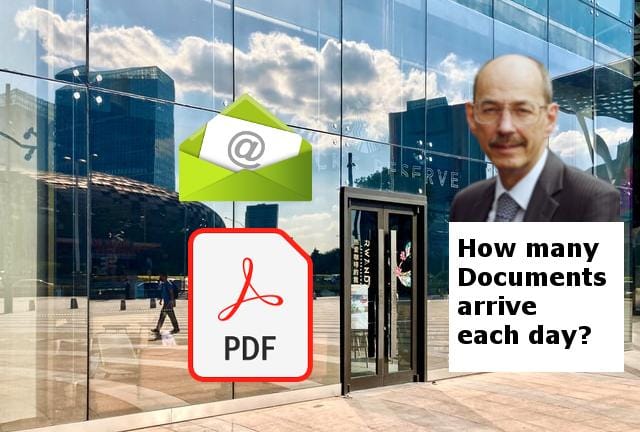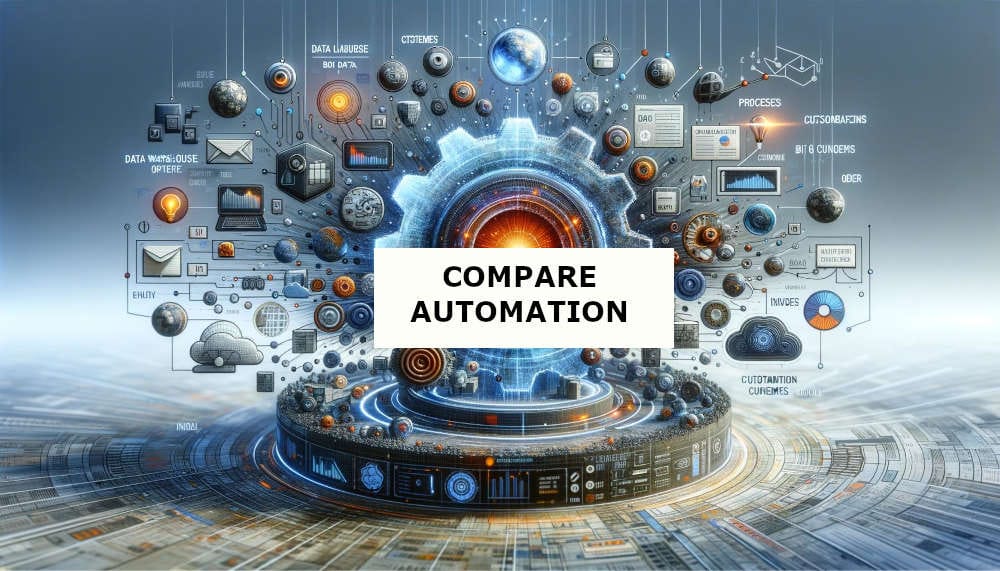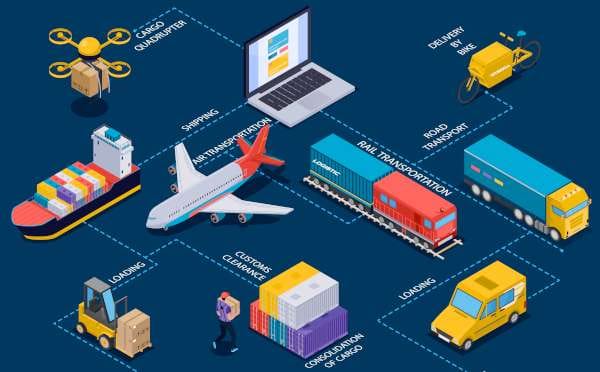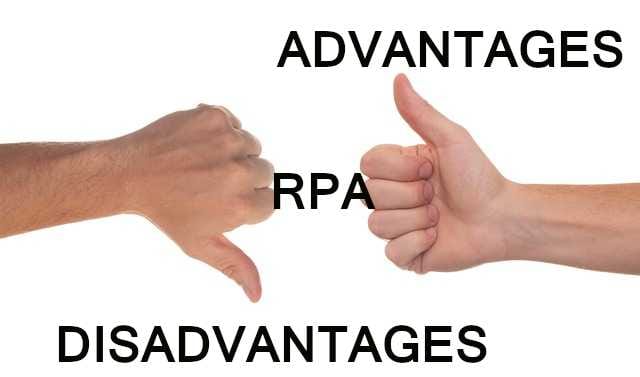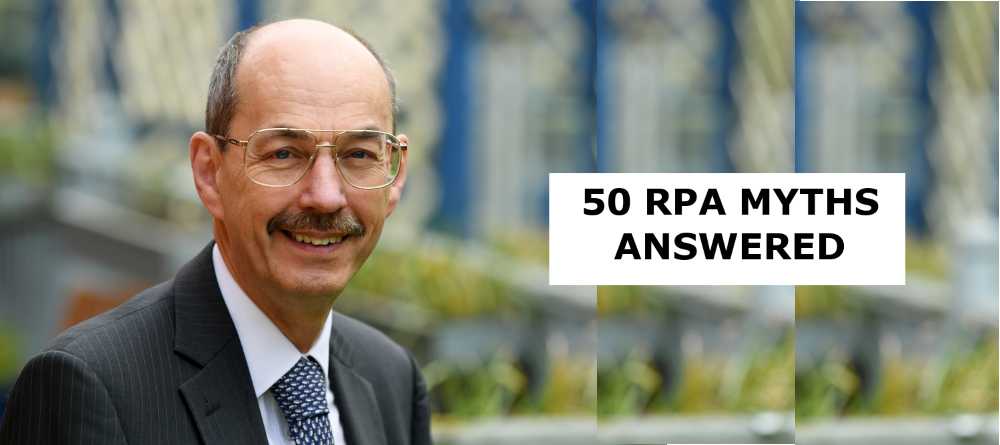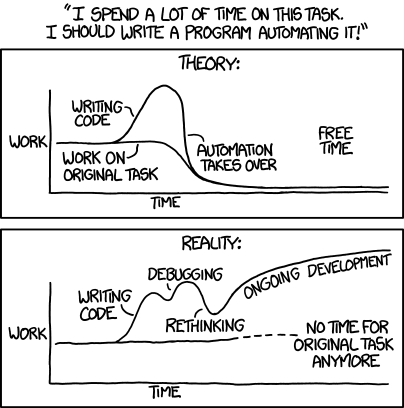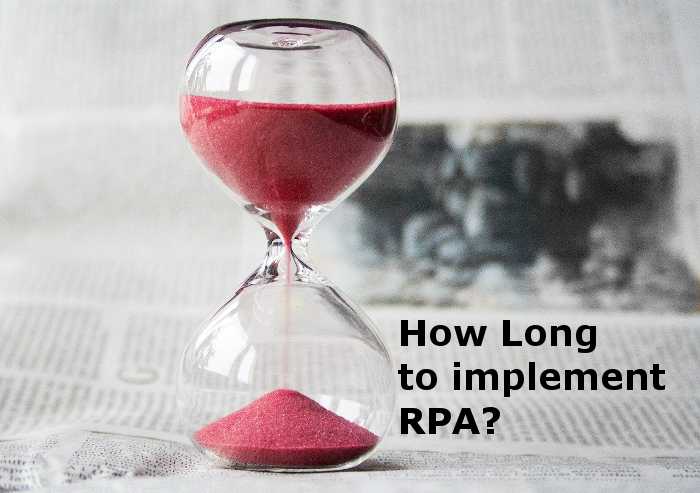
How long to implement RPA?
You have investigated and done some Google research. RPA sounds good, it seems like it could be used in your business but you have questions, such as:
- How long to implement RPA?
- How long does it take to automate a process?
Of course it depends on the process being automated is the generic answer, but that does not help when you are first starting to consider RPA.
RPA, or Robotic Process Automation to use the full term, is about using software robots to simulate human activity on computer systems and hence free staff time from repetitive routine activity so that their skills can be more effectively deployed on other tasks.
Lets consider the effort required and the approach for the implementation.
HAPPY PATH IMPLEMENTATION
For practical reasons, Ether Solutions believes RPA should initially be used to implement the “Happy Path” activity on a simple process. By taking this approach the RPA process from initial scoping thoughts to the execution implementation can be short, in many cases a few days(1 to 10). There may be a separate activity to deploy the robot software into a development and production environment but that should be counted independently of the process related activity. This rapid development allows experience of robot operations to be gained, which can feed into a plan and decisions about how to enhance the “Happy Path” to cope with more exceptions or to use the development activity to provide “Happy Path” solutions for other business processes.
For a global corporation, investigating RPA tools, running an RPA procurement, establishing an RPA pilot, creating an RPA Center of Excellence, defining standards, building a Robotic Operations Center (ROC), creating a skills programme, establishing an RPA “Star Chamber” to determine the priority for candidate business processes to be automated, can all result in months of work.
For SME, SMB and large national companies that need to focus on short term costs and expenditure, RPA can deliver good ROI by taking a practical approach rather than a theoretical idealistic model.
Using RPA on the ideal process that has already been optimised to a six sigma level, and fully documented, can yield the optimum results. In the world of many businesses that starting point is not a realistic option.
AGILE IMPLEMENTATION
Automating parts of a complete business processes may not be perfect, but such an approach can deliver benefits quickly and is more aligned with “Agile” style of repeated, incremental delivery, of modern IT than some of the advocates of large project solutions. Each development iteration (aka Sprint) should be short, typically 10 days, then allowing for separate testing and release controls, it is normally possible to delivery enhanced RPA software robots every 20 days or less. The amount of “Functionality” delivered by the automation will of course depend upon the size of the team working on the software robots and their experience with the RPA tool.
There is an important aspect to consider with an RPA implementation, that is, it is automating a process which is already being undertaken. This is different from the delivery of a new IT system. The impact on users will also be different, in that they will be able to stop doing some things and not needing to learn new skills in most cases.
STARTING IMPLEMENTATION
Automation for a business can seem like a large “Elephant” task, the answer in such situations is to start small somewhere. It is about “Progress not perfection”. One person creating one RPA process to be executed by one robot in a few days can deliver an outcome that is beneficial to a business. It will not change business overnight but it is start, which can be built upon to grow confidence for further investment that will develop the benefits on a wider scale.
So how long to implement RPA? Make the call to Ether Solutions and start the clock running. Phone: 0845 643 4410


